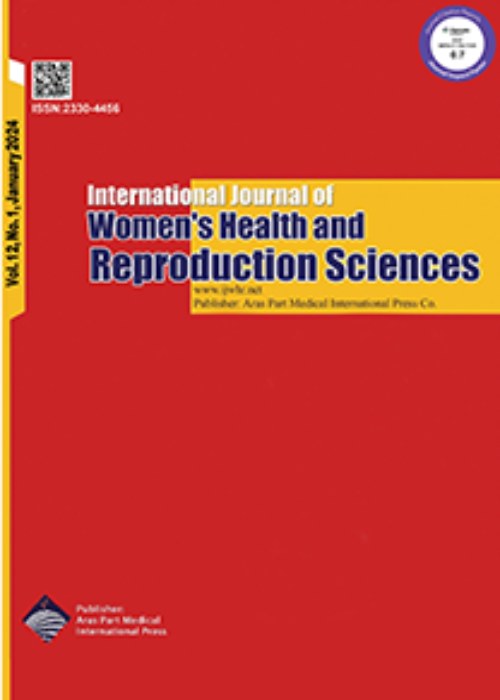Questionnaire on Mothers’ Cultural Beliefs About Weaning: Development and Psychometric Evaluation
This study was designed to investigate the role of cultural beliefs on weaning. Therefore, the obtained results can be used for health policymakers who design strategies to prevent physical and mental damage to mothers and their children. The main objective of this study was to design a questionnaire probing the role of cultural beliefs on weaning.
The sequential combination exploratory mixed methods design was used to develop the questionnaire format in two sections. The qualitative section was designed to probe the role of cultural beliefs on weaning, which included a literature and related tools review and fieldwork (semi-structured interviews with mothers). Twenty-two studies were examined in the literature review and 14 mothers were selected and interviewed by a purposive sampling technique. The interviews continued up to data saturation as well. In addition, data analyses for both steps were conducted using conventional and textual content analyses. The quantitative section was a methodology study that was accomplished in two parts. Questionnaire items were formed using the data and item pool obtained from the first part. Finally, the psychometric properties of the questionnaire were checked using face, content, and construct validity, followed by probing reliability using Cronbach’s alpha reliability in the second part.
Qualitative data analysis results were organized according to the foundational issues regarding the need for weaning, attitude toward weaning, awareness about weaning, society’s culture, health literacy, self-action, others’ experiences, professional help, family members’ support, and the outcomes. The item pool was formed using literature reviews and interviews. A 49-item questionnaire was developed after the completion of the psychometric process. The Kaiser-Meyer-Olkin Index of Sampling Adequacy and Bartlett’s test of sphericity showed good results in this regard. Five components from the exploratory content analysis encompassing contexts, solutions, searching for help, maternal outcomes, and child-related outcomes demonstrated a 62.112% variance. Further, the Cronbach’s alpha was 0.88 and the interclass correlation coefficient was 0.89 based on responses to the items over two administrations of the questionnaire (P < 0.001). Thus, these results showed a high level of tool stability.
For this study, a questionnaire was developed for understanding the role of cultural beliefs on weaning. It can be used for educational, research, and treatment purposes as a tool with appropriate validity and reliability, as well as short, easy, and grammatically simple items. Eventually, the questionnaire is useful for examining mothers’ false beliefs about weaning and their educational needs since false beliefs could cause destructive and health-threatening behaviors.
- حق عضویت دریافتی صرف حمایت از نشریات عضو و نگهداری، تکمیل و توسعه مگیران میشود.
- پرداخت حق اشتراک و دانلود مقالات اجازه بازنشر آن در سایر رسانههای چاپی و دیجیتال را به کاربر نمیدهد.



